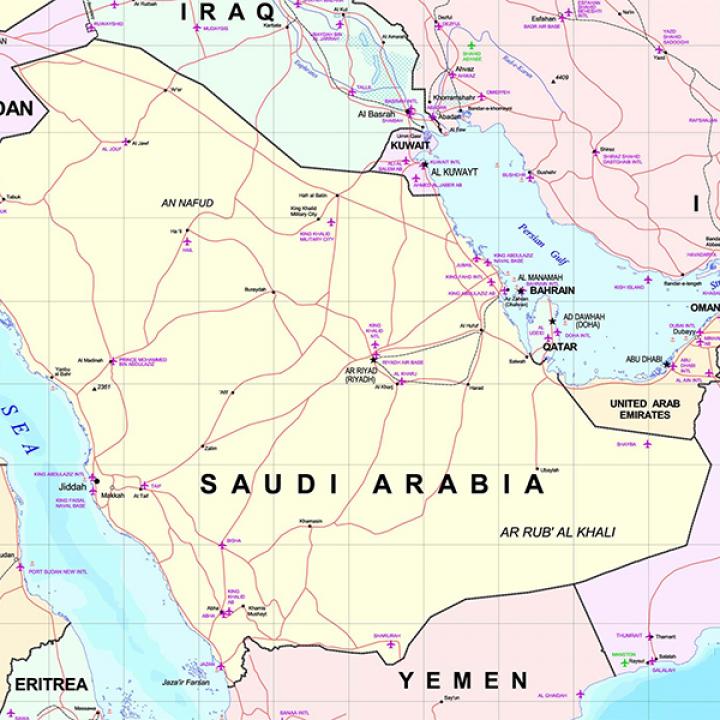Gulf states embrace UN-led peace efforts for Yemen
Gulf Arab states, including Saudi Arabia, have expressed their support for new commitments by Yemen’s warring parties to take steps towards a ceasefire and engage in a UN-led peace process.
The United Nations special envoy for Yemen, Hans Grundberg, announced on Saturday a “roadmap to support the path of peace” after holding talks with representatives of the Yemeni government and the Iran-backed Huthi rebels.
The roadmap outlines a series of confidence-building measures, such as reopening Sanaa airport, lifting restrictions on Hodeidah port, and releasing prisoners, as well as a framework for political negotiations to end the conflict.
The announcement marked the latest effort to end years of war in Yemen, which has killed hundreds of thousands of people and pushed millions to the brink of famine in what the UN has called one of the world’s worst humanitarian crises.
Saudi Arabia, which leads a military coalition that intervened in Yemen in 2015 to support the internationally-recognised government against the Huthi rebels, welcomed the UN initiative and urged the parties to “sit at the dialogue table” and reach a lasting political solution.
Oman, which has played a mediating role in the conflict, also hailed the development and expressed hope that a deal “will be signed as soon as possible”.
The United Arab Emirates and Qatar, both members of the Gulf Cooperation Council (GCC), also commended the efforts to advance the peace process and called for the acceleration of an agreement.
Ahmed Nagi, a senior analyst at the International Crisis Group think tank, said the announcement signals that the “UN now leads the negotiations, with the Saudis stepping back and allowing the UN to handle future political deals”.
However, he warned that the roadmap faces many challenges and obstacles, as the warring parties remain divided over several issues, such as the Huthis’ attacks on commercial vessels in the Red Sea in solidarity with Gaza, which is under Israeli blockade and has recently witnessed a deadly escalation of violence.
The Saudi-backed Yemeni government said on Monday that the Huthi attacks pose a threat to regional and international security and have negative consequences for the Yemeni economy and people.
“They will lead to an increase in food prices in a country suffering from a humanitarian crisis,” Information Minister Moammar al-Eryani said on X, formerly Twitter.
He also noted the rise in insurance premiums on ships transiting the vital waterway, which is a lifeline for global trade and oil supplies.
The war in Yemen began in 2014, when the Huthis seized control of the capital Sanaa and much of the north, forcing the government to flee to the south and then to Saudi Arabia.
A UN-brokered ceasefire in April 2022 brought a sharp reduction in hostilities, but the truce expired in October last year, though fighting has largely remained on hold.
The UN says more than 230,000 people have died as a direct or indirect result of the war, and 80 percent of the population, or more than 24 million people, need humanitarian assistance.
AFP
